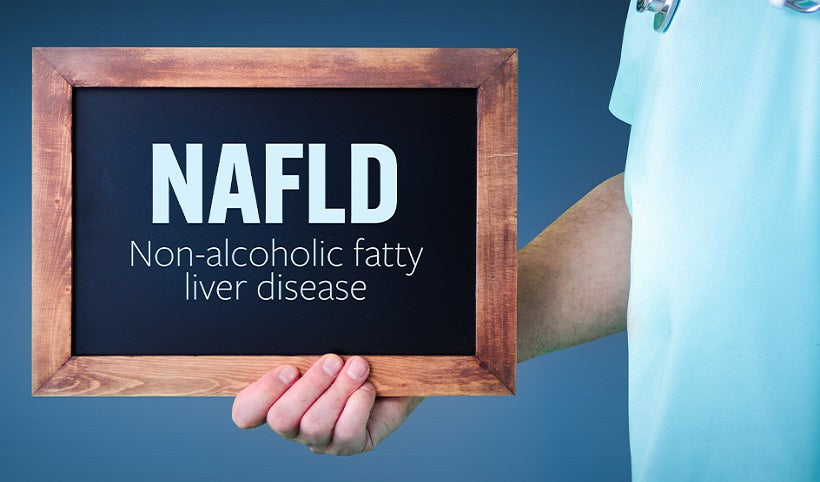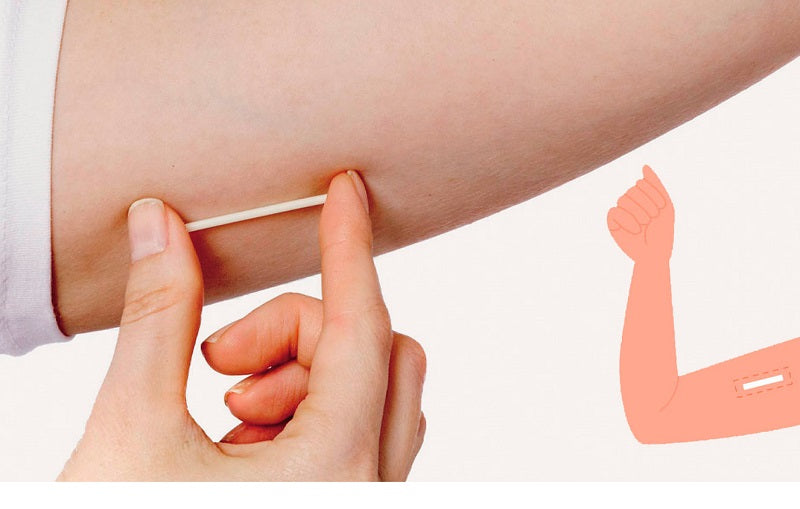Irregular menstrual cycles or periods are common complaints among women. Some women may ovulate without having a regular monthly period, while others may not seem to ovulate or menstruate at all.
Understanding ovulation patterns and how to track fertility signs without relying on periods can provide essential insight into whether your goal is pregnancy prevention or planning.
Getting the facts about ovulation basics, common causes influencing cycles like PCOS or thyroid disorders, fertility awareness options, and when to see your doctor lays the groundwork for taking control of your reproductive health.
What is Ovulation?
Ovulation is the main event of your menstrual cycle. It’s when a mature egg is released from the ovary. Ovulation is triggered by luteinizing hormone and it results in progesterone production.
Progesterone prepares your uterine lining for the potential implantation of a fertilized egg. When there is no implantation, this uterine lining sheds, and this shedding is your menstrual bleed.
Since your period results from ovulation, it is uncommon to ovulate without having a period. That said, it is not impossible. Factors such as uterine scarring or becoming pregnant can cause your period not to occur.
For a bleed to be considered a menstrual cycle, one must have an ‘ovulatory cycle’. Any other type of bleed is a ‘non-ovulatory cycle’ and not considered a menstrual cycle. This is because you can not become pregnant in a ‘non-ovulatory cycle’ and you will not make progesterone.
Normal Menstrual Cycle vs. Anovulation
Besides the actual bleed, normal menstrual cycles are divided into two phases: (1) a follicular phase which can vary in length, and, (2) a luteal phase which does not. The phases are split by the main event – ovulation.

In the first phase, oestrogen rises; in the second phase, it's progesterone's turn, as described above. Note the luteal phase is never longer than 16 days.
In an anovulatory menstrual cycle, there is no luteal phase, because there is no ovulation. This might happen if:
- You’re a teenager and still establishing a cycle
- You have polycystic ovarian syndrome
- You’re undereating (low-calorie diet)
- High prolactin
- You’ve recently ceased birth control drugs
- You’re in perimenopause
- You are breastfeeding
- Over-exercising
- Have an intrauterine device
- Thyroid dysfunction
Factors Affecting Ovulation
To make progesterone we need to ovulate and to ovulate we need to be free from chronic stress, inflammation, thyroid disease, and insulin resistance. We must also be properly nourished – no nutrient deficiencies and consuming enough carbohydrates in the diet.
Addressing these symptoms and conditions is essential to restoring ovulation and hormone balance. Along with various other herbs that encourage healthy endocrine function, our Happy Hormones formula contains vitex, an herb well known to normalise ovulation.
Do I still ovulate if my period is irregular?
It is possible to still ovulate and have irregular cycles but it would require further investigation. The following signs indicate a non-ovulatory cycle:
- No temperature changes during your cycle
- A cycle shorter than 21 days
- A cycle longer than 35 days
- A bleed that lasts longer than 7 days
The two most common causes of irregular periods are polycystic ovarian syndrome (PCOS) and hypothalamic amenorrhea (HA). HA happens in response to emotional stress or calorie restriction.
What if I’m on the pill?
Bleeding while taking the oral contraceptive pill is not a true period or menstrual cycle. This is called a withdrawal bleed and happens as a result of hormone levels dropping, not from ovulation.
Signs & Symptoms of Ovulation
- Slight increase in body temperature that remains elevated for several days
- Cervical mucus changes (egg-whitish, slippery mucus)
- Cervix becomes softer, higher, and more open during ovulation
- Ovulation pain (Mittelschmerz) which is a mild pelvic pain or twinge on one side of the lower abdomen
- Breast tenderness
- Heightened sexual desire and sensitivity
- Improved energy and mood
- An increased sense of smell
How To Ensure Regular Monthly Ovulation
To promote regular ovulation, it’s important to manage your stress levels. We developed Happy Calm to support the nervous system and adrenal glands so that the body feels safe and is fertile.
It’s also important that inflammation levels are managed. Many health conditions have their roots in chronic inflammation, including, thyroid disease and insulin resistance. We recommend combining MSP with guidance from our naturopaths to get these conditions under control.
If your diet needs some work, we recommend joining other women taking part in our Happy RESET program. After all, nutrient deficiencies and poor dietary choices can lead to anovulatory cycles.
You can also unlock the secrets to a healthier you with our comprehensive HAPPY HEALTHY YOU guide!
Gain invaluable insights into the intricate workings of your body and learn practical strategies to optimize your well-being. Explore our meticulously curated collection of over a hundred mouthwatering recipes, crafted to fuel your journey towards peak health and vitality.
Just click on the image below to embark on a transformative path to wellness – HAPPY HEALTHY YOU is your ultimate companion for a life of radiant wellness!












Leave a comment
This site is protected by hCaptcha and the hCaptcha Privacy Policy and Terms of Service apply.